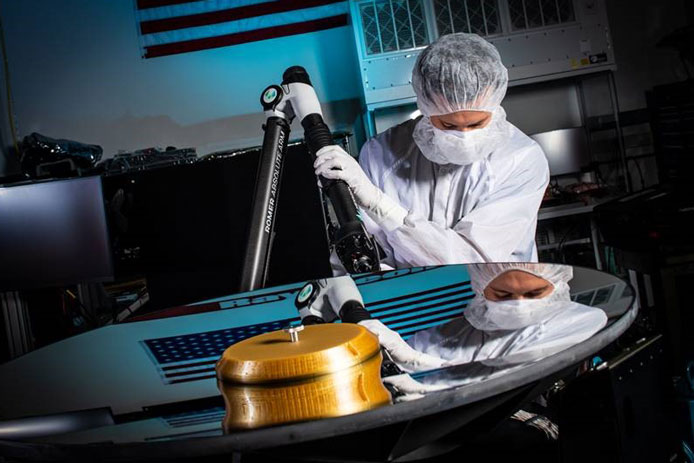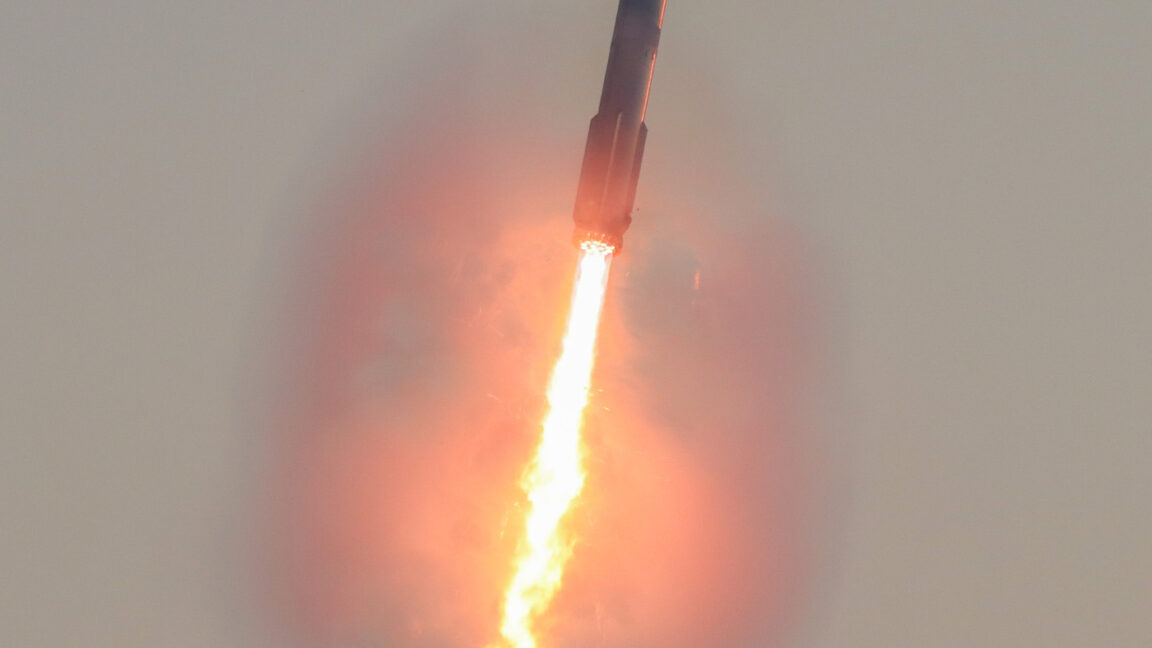The US Commerce Department announced Thursday it is easing restrictions on exports of space-related technology, answering a yearslong call from space companies to reform regulations governing international trade.
This is the most significant update to space-related export regulations in a decade and opens more opportunities for US companies to sell their satellite hardware abroad.
“We are very excited about this rollout," a senior Commerce official said during a background call with reporters. "It’s been a long time coming, and I think it’s going to be very meaningful for our national security and foreign policy interests and certainly facilitate secure trade with our partners."
Overdue reform
One of the changes will allow US companies to export more products related to electro-optical and radar remote sensing, as well as space-based logistics, assembly, or servicing spacecraft destined for Australia, Canada, and the United Kingdom.
“They’re easing restrictions on some of the less sensitive space-related technologies and on spacecraft-related items going to our closest allies, like Australia, Canada, and the UK," the senior Commerce official said. "These changes will offer relief to US companies and they’ll increase innovation without comprising the critical technologies that keep our nation safe."
Another update to the Commerce Department's regulations will remove license requirements for exports of "certain spacecraft components" to more than 40 allied nations, including NATO and European Union member states, Argentina, Australia, Canada, India, Israel, Japan, Mexico, New Zealand, Singapore, South Africa, South Korea, and Taiwan. This will also create more license exceptions to support NASA's cooperative programs with other nations, officials said.
A third change, which hasn't been finalized and must go through a public comment period, proposes to transfer some space-related item—spacecraft capable of in-space docking, grappling, and refueling, autonomous collision avoidance, and autonomous detection of ground vehicles and aircraft—from the highly restrictive State Department's US Munitions List to the more flexible Commerce Control List.
This would remove many of the space-related products from the Munitions List, which is covered by the International Traffic in Arms Regulations (ITAR).
The Munitions List will still include items that "provide a critical military and intelligence advantage" for the United States. These include space launch vehicles, satellites designed to gather signals intelligence, host anti-satellite weapons systems, or that have the capability to mitigate the effects of a nuclear blast in orbit, among other things. Additionally, numerous satellite components, including certain antennas, thrusters, and atomic clocks, will remain on the Munitions List.
The Commerce Department has the authority to license exports of items listed on its control list, depending on the destination and end-use.
"That nuance doesn’t exist for the munition items controlled by State," the Commerce Department official said. "So we’re really excited that we could bring some items over here to Commerce's jurisdiction, and that would facilitate trade because that would lower some of the hurdles."
The Aerospace Industries Association (AIA), with membership from many satellite manufacturing and launch companies, applauded the regulatory reform unveiled Thursday.
"The United States of America has always been the leader in space technology, and today’s rules from the Commerce Department will help us expand that technological leadership into the future," said Eric Fanning, AIA's president and CEO. "These rules—and ones like them—take a tailored approach to facilitate more trade with our closest allies and partners while still protecting national security."
The updated regulations announced Thursday come five years after the Commerce and State Departments released advance notices of proposed new rules for space-related export controls. At that time, the departments sought industry input on new export regulations, but didn't move to finalize the new rules until the National Space Council directed action on the matter last year.
"With today's updates to our export controls, the United States is taking a bold step forward in fostering a strong space industrial base," said Chirag Parikh, deputy assistant to the president and executive cecretary of the National Space Council. "These changes will strengthen international alliances and reflect America's commitment to innovation and leadership in space."


